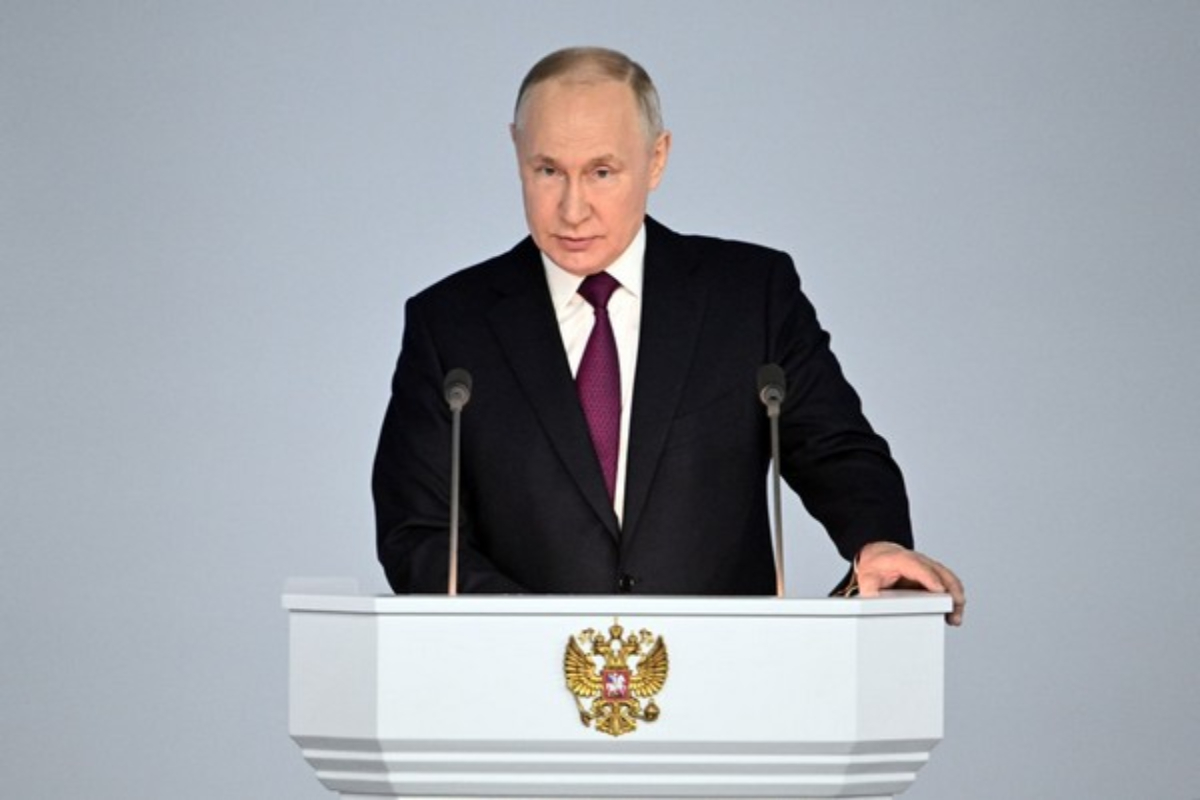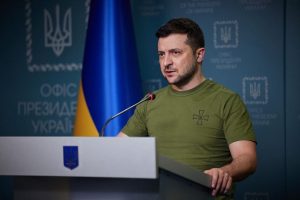While the West sees, in the now-ended attempt by a mercenary group to seize power in Russia, signs of the weakening power of President Vladimir Putin, commentators must also reflect on the speed at which the mutiny was put down, apparently with little conceded and sanctuary having been found for the leader of the Wagner group, Yevgeny Prigozhin, in friendly Belarus. It would seem clear that Mr. Prigozhin had realised the futility of his attempt, bolstered as the regime in Moscow quickly was by its friends in Beijing and Pyongyang, with both China and North Korea having assured Mr. Putin of their support.
The Russian establishment, too, appears to have reached out to members of the Wagner group, giving them some of the assurances they had sought as part of a festering dispute with the country’s defence minister. While the revolt appears to have ended for now, and Wagner troops have returned to their barracks, several questions will remain, the foremost of which is the risk inherent in handing over security duties to a private group in a country armed to the teeth with nuclear weapons.
Advertisement
If Mr. Putin cannot control those he hires, and is forced to fortify Moscow’s defences to stave off a possible attack, how really can be protect the nuclear weapons his country possesses? And just how will he ensure nothing catastrophic occurs should another detachment of these mercenaries turn rogue? This are questions that Mr. Putin and those who support him, like Chinese President Xi Jinping, must answer. The West which has egged Ukraine on, and is implementing plans to arm it further and aid its socalled counter-offensive, too must reflect on the risks inherent in the seemingly endless war it has sponsored, which every day brings the world closer to disaster. Ineffectual as the peace efforts made by Turkey, China and India may have been, at least they were made. No substantial proposal for peace has really emanated from the West, not from Washington nor from either of the two headquarters in Brussels.
On the contrary, the West appears to be gloating at the recent discomfiture of Mr. Putin, and drawing the conclusion that he has been so weakened by the Wagner revolt that ended in a fizzle that it is time to go in for the kill. While political commentators may be correct in assessing that Russia witnessed a crisis of institutions, and that the mutiny was defused because of the unity that fearful elites found forced on them, they must also introspect on the reaction of a cornered leadership in Moscow should the West’s assistance actually allow Ukraine to make serious inroads. Kyiv, propelled by Western support, is already seeing a window of opportunity. But it must also account for the possibility of a cornered Russian leader striking back in ways he has eschewed so far, should the pressures on him reach a breaking point.











